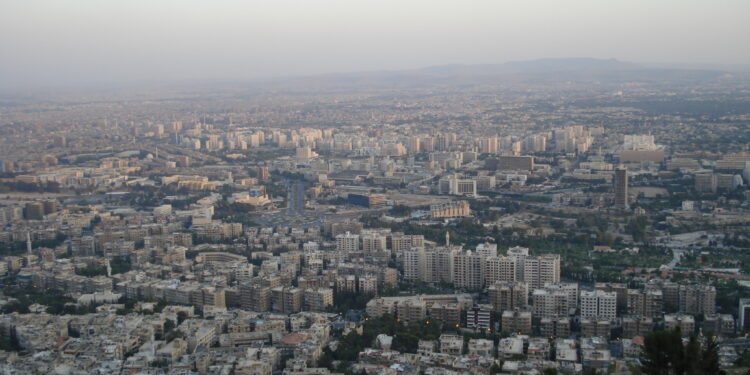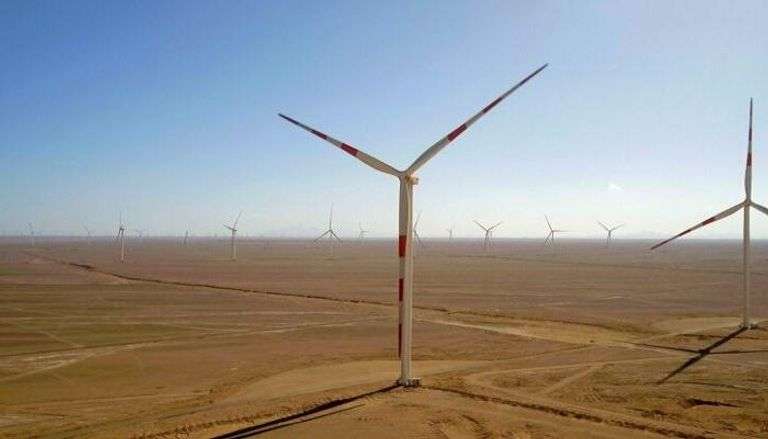During the annual spring meetings of the International Monetary Fund (IMF) and World Bank in Washington, D.C., a significant event occurred: for the first time in over two decades, an official Syrian government delegation, including the Central Bank governor and Finance Minister, participated. This was seen as a symbolic and crucial step toward Syria’s reintegration into the global financial and economic system after years of international isolation due to its prolonged conflict.
In a joint statement, IMF Managing Director Kristalina Georgieva and the World Bank President expressed support for regional and international efforts to aid Syria’s recovery and reintegration into the global community. The statement described the participation as “a historic step reflecting the start of a new phase for Syria.”
Georgieva emphasized that “the primary goal is to support Syria in rebuilding its economic institutions to facilitate integration into the global economy.” She added that the coming phases will require intensive collaboration among international actors to provide the technical and financial support needed for Syria to recover from the war’s severe economic damage.
This step follows the political transition in December 2024, when former President Bashar al-Assad was ousted, and a new government was formed, committing to political and economic reforms and national reconstruction after over 14 years of widespread destruction. The new government has since engaged with international and financial institutions to secure support for reconstruction and economic stability.
During the meetings, Syrian officials held discussions with senior IMF and World Bank representatives and other regional and international stakeholders to address Syria’s economic challenges. The joint statement acknowledged “a shared awareness of the scale of difficulties facing the country,” including the collapse of basic services, the national currency’s devaluation, and high unemployment and poverty rates.
Priorities include providing basic needs in health, education, and social services, rebuilding economic and financial institutions, and developing a comprehensive development strategy based on structural reforms and infrastructure investments to create jobs and foster sustainable growth.
The statement emphasized the importance of regional cooperation, particularly from neighboring Arab countries, with Saudi Arabia and Gulf states potentially playing a key role through direct financial aid or investments.
These developments reflect a global shift in perceptions of Syria, with the international community increasingly recognizing the need for a new approach focused on economic integration as part of a sustainable conflict resolution. Syria’s participation in these meetings is seen as a first step in a long reconstruction journey, requiring genuine commitment from the new government and close partnership with the international community.
The IMF and World Bank reaffirmed their commitment to providing technical assistance and economic policy advice, noting that the coming phase will be critical in determining Syria’s ability to achieve economic recovery and long-sought stability.








